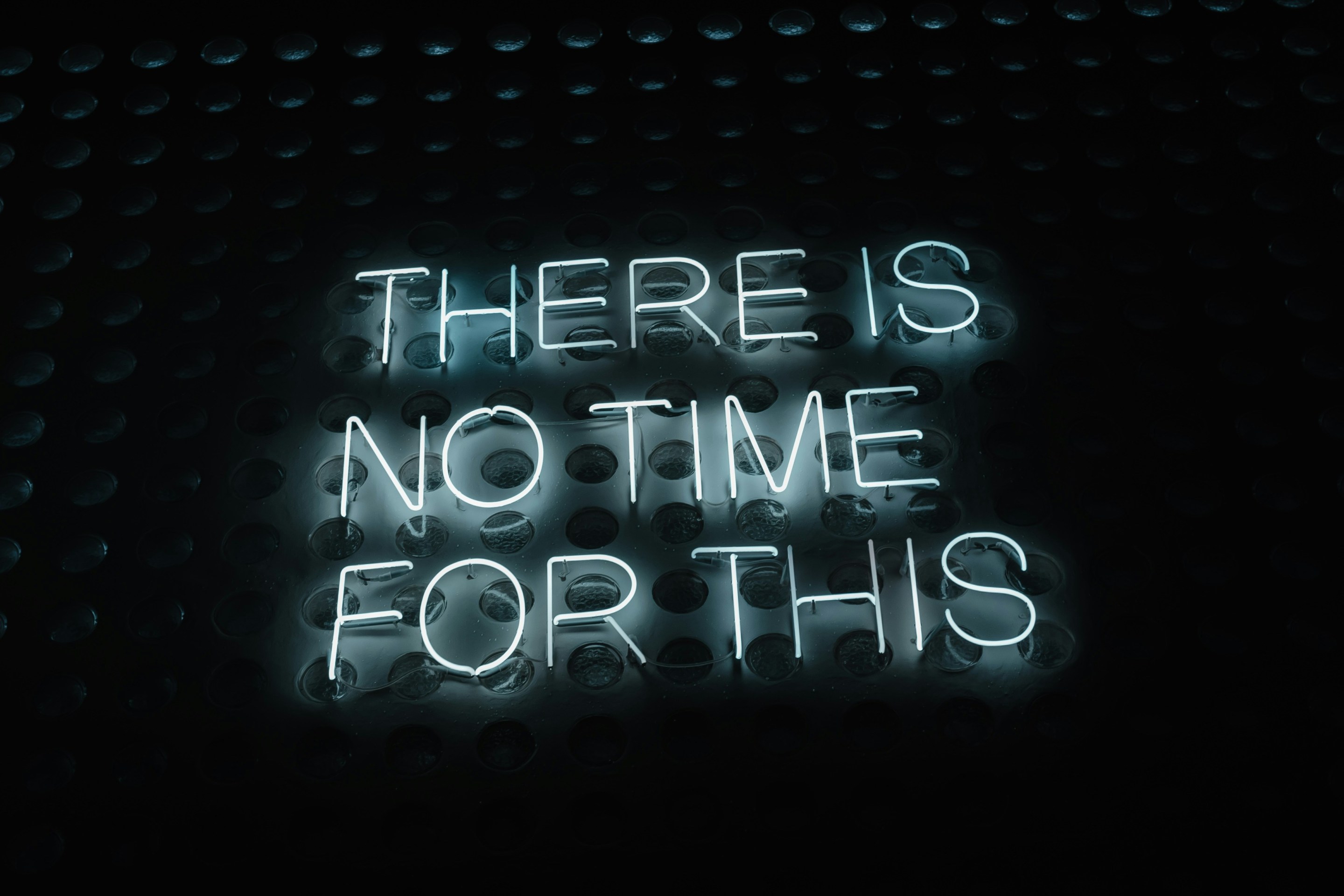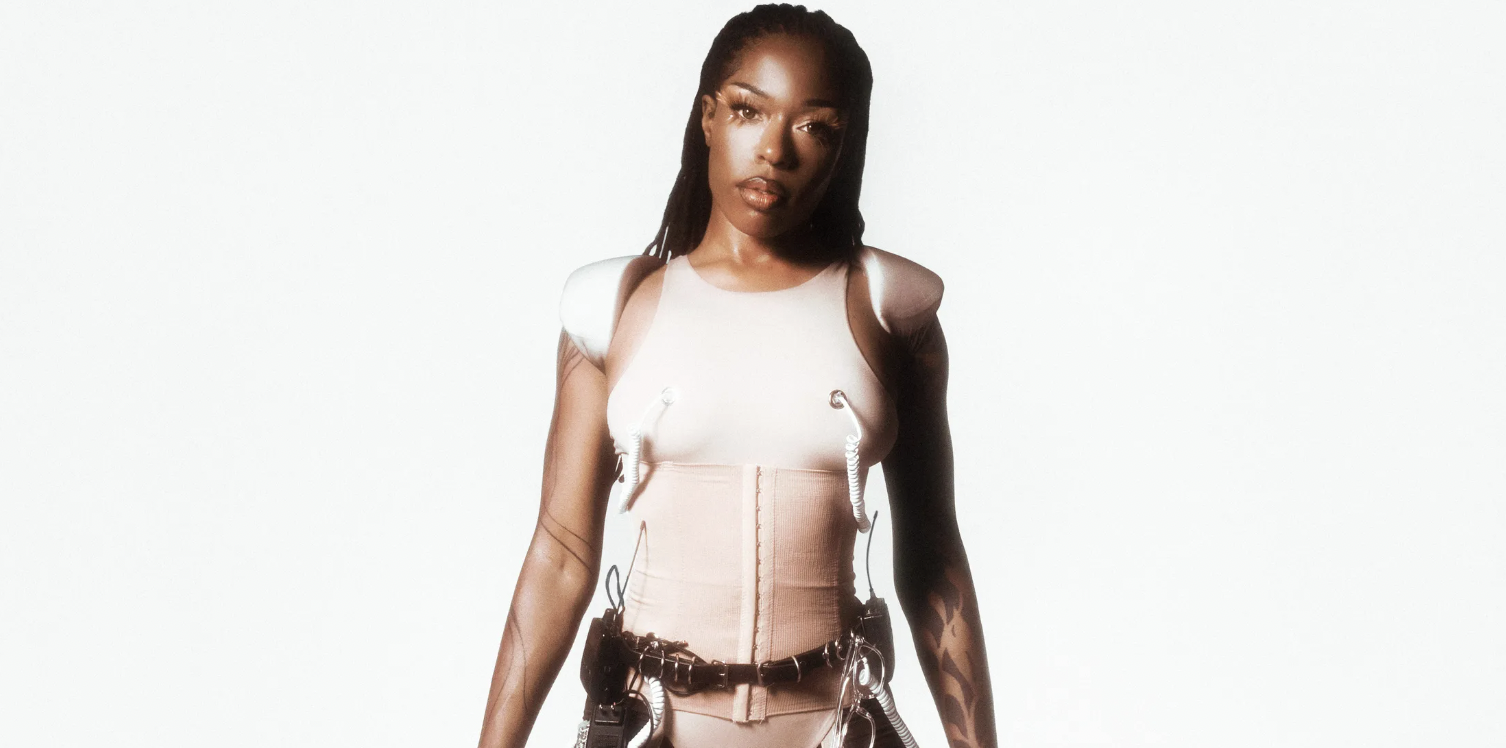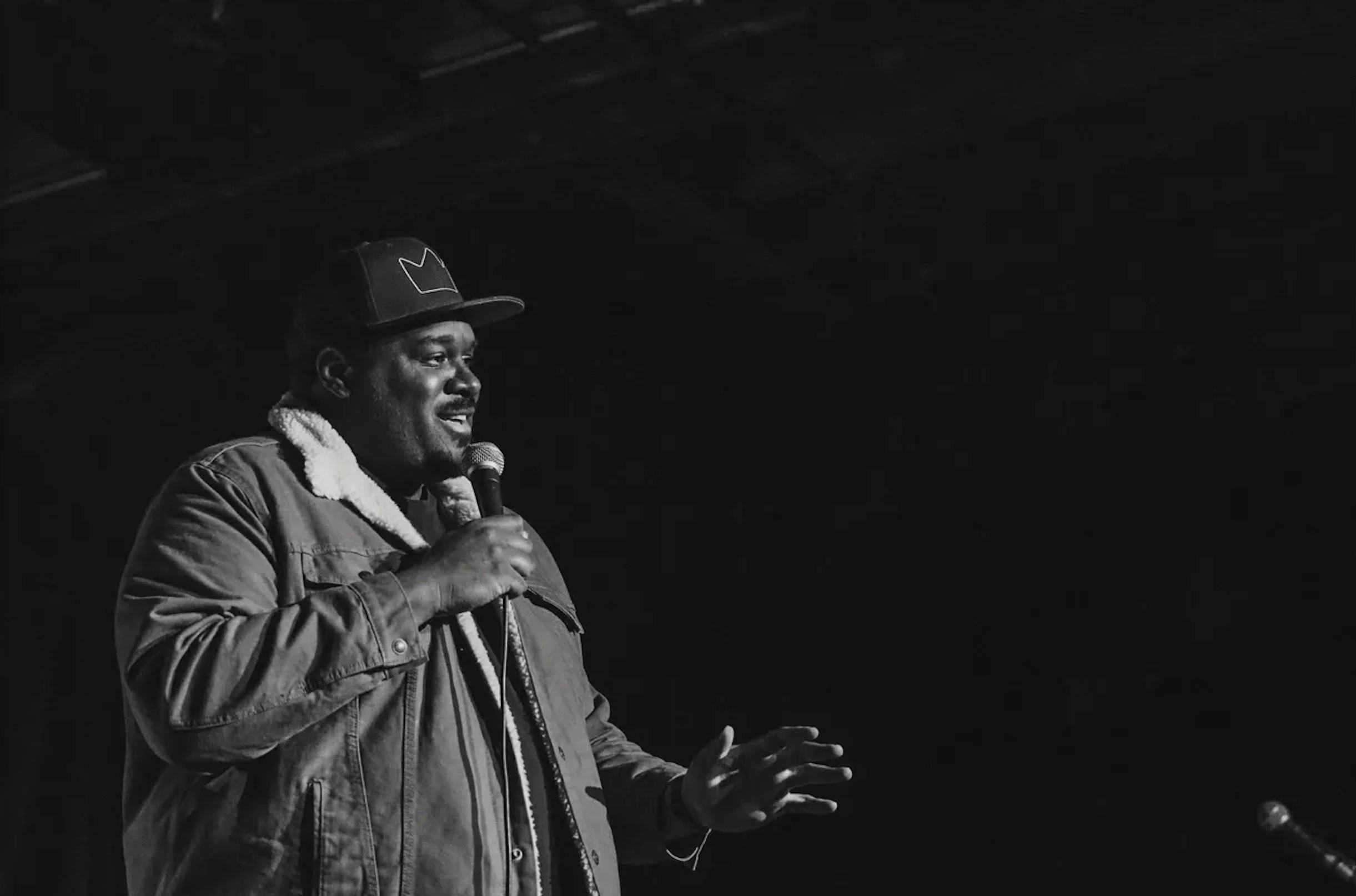The definitive Ridley Scott film—not his best, or maybe even the finest showcase of what he does best, but the truest and maybe purest example of what he seems to want to do—is Black Hawk Down. For 144 minutes, in brutal detail, we follow the fate of the soldiers sent into Mogadishu to rescue a downed American chopper pilot in 1992. With the fog of war expertly dispersed, we’re left with a crisp sense of what happened to whom and when. It’s a technical marvel that avoids any traditional war picture sentimentality, shot with style and edited with precision, embedding us as witnesses in the thick of battle, and I hate it.
True, the film’s emergence three months after 9/11 hardly endeared me to its context-free carnage—Americans were bloodthirsty enough without dredging up past humiliations, thanks. But more importantly, and just in general… why? These scenes of violence were recreated not to meet some artistic imperative, not to make some moral or aesthetic statement, not even to show off, really. The impression Black Hawk Down leaves is that Scott made that movie simply because he knew he could.
Twenty-seven films into a career that you could generously say includes six great ones (though if so I’ve missed one or two—and yes, before you even say it, I have seen The Counselor), Scott’s too gifted to be considered a hack, too workmanlike to be considered a true great. A Ridley Scott film drops, you spin the wheel and you take your chance. In recent years, I preferred to be entertained by the uneven high camp of The House of Gucci than to be bludgeoned by The Last Duel, a gritty medieval reboot of Rashomon that required us to repeatedly witness the same rape. But whatever the job, our man gets it done.
So of course Scott succeeds where Kubrick and countless others failed and brings Napoleon to the screen. Like lots of old guys, Ridley loves big battles, and Napoleon gives him a chance to indulge. Toulon, Austerlitz, Borodrino, Waterloo—we see them all, stunningly recreated. Ships burn at sea, armies fall into frozen lakes, British troops clump into defensive squares and fight off encircling French cavalry. On top of that we also watch Napoleon gun down a royalist mob and awaken in Moscow as the city burns around him. Truly wonderful stuff, and cinematographer Dariusz Wolski, now on his ninth go-round with Scott, captures it all (though he doesn’t always cut through that gray digital malaise that taints so many films these days).
Also we see Napoleon fire cannons at the pyramids. (He didn’t). He’s present at the execution of Marie Antoinette. (He wasn’t.) He drowns hundreds of Austrian and Russian soldiers and at least that many horses at Austerlitz. (Only a few bodies were eventually dredged up.) I don’t much care about these inaccuracies—in fact, I admire Scott’s response to such criticism: “I left reading the books to the poor bastard who had to write the screenplay.” I mention them only because they sum up the director’s approach. He’s making a movie here, people! He’s not about to survey the aftermath of the French Revolution without showing us the most famous guillotining of them all. And do you for some reason NOT want to see an army fall through busted ice to their watery graves? Go read a book, nerd.
David Scarpa, the poor bastard referenced above, has the hard job here. He knows a series of set pieces, no matter how expertly executed, don’t add up to a movie. In search of a narrative, he zeroes in on the relationship between Napoleon and Josephine. And there’s drama there for sure. She fucks around on him while he’s storming through Egypt. He doesn’t want to kick her to the curb even though she can’t bear him an heir. Josephine’s posthumous shadow even looms over Waterloo: In addition to Napoleon’s overconfidence and a rain delay that allows reinforcements to march in and support the British, a major factor in the French defeat is that their commander remains forlorn about his ex-wife’s death and just seems to have lost the ol’ imperial spirit.
But Scott pushes these domestic scenes around his plate like the Brussels sprouts he has to finish before he can go play with the boys. Despite glimpses of some enticing kink, we really never get a sense of this couple’s psychosexual dynamic. After all the foreplay of their head games, Ol’ Boney just hits it from the back with a severe martial efficiency. While each spouse commands the other to say “You are nothing without me,” we don’t get a sense of what that truly means, besides the fact that Napoleon and Josephine mope when the other isn’t around. As Josephine, Vanessa Kirby seems game for more, if only some riper erotic camp, but something holds her back. Unfortunately she also has to battle some truly unflattering lighting—in one intimate scene her forehead has the texture of a moonscape.
This is the part where I complain about Joaquin Phoenix, who can be a good actor, a great actor, or an inert lump of cinematic matter. This C’mon C’mon fan is firmly in the camp that believes he should play more uncomfortable ordinary people and fewer demented and exceptional types, but I know what gets you the accolades and awards. His Napoleon doesn’t even seem particularly ambitious—he just has a knack for winning battles the way some people are good at crossword puzzles. When he broods he seems merely sullen; when he rants he seems merely cranky. Maybe the intent is to de-glamorize Napoleon, but how much glamor does he actually retain two centuries later? If you’re gonna play Napoleon as “just some guy,” we still need to understand countless young Europeans did glamorize him, to glimpse the charisma that enraptured his troops. You can’t tarnish a legend without showing why it exists.
And you can’t blame the script for this shortcoming. Napoleon does get a few good monomaniacal quips off. “You think they’re so great because you have boats!” he shouts at the British when they rebuff a peace proposal. “Destiny brought me this lambchop!” he declares across the table to his recalcitrant empress. “It’s so good to finally meet another emperor,” he tells a stunned Austria’s Francis I when they meet in his tent after Austerlitz. But following each of these moments Phoenix slumps back into his method petulance. This is the antichrist the great nations of Europe feared?
Nor do the battles add up to much beyond (again, amazing) spectacle. While we see many men die here, they’re so anonymous that we’re left with nothing more than a general feeling that war is hell. Thanks for the reminder, I guess? After Napoleon’s artillery blasts holes in Lake Satschen, onto which he’s forced the Russian and Austrian armies to retreat, we close in on one soldier scrambling to grasp onto the surface of an ice chunk as the frigid water pulls him under. But because he’s still no one to us, it’s a striking image and nothing more. Aside from the musket ball that goes whirring through Napoleon’s famously expensive hat, the most damage we see to anyone we might care about specifically is when Napoleon’s horse gets his head blown off at Toulon.
Most of the supporting players drift past without making much of an impact, with the exception of Paul Rhys as a slick Tallyrand and Édouard Philipponnat’s cutie pie Alexander I. (Ludivine Sagnier was in this? Coulda fooled me.) Maybe the four-hour Apple TV version will add some depth, but if so, I’ll have to take your word for it. Somehow this accomplished but undynamic picture is actually not ambitious enough. Ridley Scott is just a guy who knows how to make big movies, and his Napoleon is just a guy who knows how to win big battles.
I expected Dream Scenario to be a neat premise in search of a real story, but I didn’t expect the story it settled on to be such a drag. Paul Matthews is a stoop-shouldered, balding, middle-aged college professor of little interest to anyone besides his family—certainly not to the students he drones on to about evolutionary biology. Then he starts showing up in everyone’s dreams, and that’s where the fun starts. Until it stops.
Nicolas Cage plays Paul, and Dream Scenario wouldn’t have worked with anyone besides that walking meme of an actor in the same way Spike Jonze wouldn’t have had a hit with Being Kenneth Branagh. Cage fully expresses Paul’s flawed little soul, showing us a meek, frustrated man given the opportunity to assert himself but lacking the knowledge of how to do so, expressing himself through bad jokes, uncomfortable grandiosity, and, ultimately, bursts of anger.
After an ex who writes about psychology for The New Inquiry (this must be an in-joke to someone involved here, right?) links her story about her Paul-infiltrated dreams to his Facebook page, countless people worldwide start realizing they’re not the only ones he’s visiting in their sleep. He becomes a phenomenon, even as his wife (Julianne Nicholson) cautions him to stay in his lane. Hoping that viral fame will allow him to finally publish his theories about ant communication, Paul seeks out a brand agency run by a mustachioed Michael Cera, who’d rather use his dream ubiquity to sell Sprite. Meanwhile a horny zillennial at the firm (Dylan Gelula) wants Paul to reenact a sex dream he stars in.
Writer/director Kristoffer Borgli has a visual flair for the uncanny, and he doesn’t overdo the “is it real or a dream?” bit here, but his sense of irony curdles as the movie progresses. The initial gag is that even in people’s dreams, Paul is a non-entity, watching monsters, apocalypses, and crocodiles torment his students while he stands idly by. But it’s when he starts taking a more active role in others’ subconscious lives that things go bad for Paul. And then Dream Scenario quickly travels from lightly absurd to comically cringey to unpleasantly dark to flat-out cruel.
As Paul undergoes repeated humiliations, we start to wonder if, for all his protestations of innocence, he somehow deserves this, or, more to the point, if Borgli wants us to believe he does. Is that what happens when you try to “stand out too much from the herd,” as suggested by an overworked zebra metaphor? (Their stripes, we’re told, make it impossible for predators to single out their prey.) Should Paul be punished for his (relatively slight) ambitions, or the lack of grace with which he grasps at them? When his role in people’s dreams shifts from bystander to boogeyman, is this a reflection of Paul’s growing anger?
Along the way there’s more chatter about cancel culture and student trauma and botched online apologies than in a month of Times op/ed pages—the sort of stuff that gets a movie classified as “a shapeshifting parable about our obsessions with viral fame.” But Dream Scenario has no more to say about “the internet” or “our times” than your uncle who’s convinced Google is trying to steal his social security number. The movie is less a story than an arranged assortment of free-floating middle-aged fears about technology and, even more so, about young people. And it confirms those fears along the way as a means to arriving at a truly unearned bittersweet dream sequence ending. If you're the kind of person who feels like dads should be punished harshly for joining TikTok, Dream Scenario is the movie for you.
GRADES
Napoleon: B
Dream Scenario: B-
Both films are now playing in local theaters.






